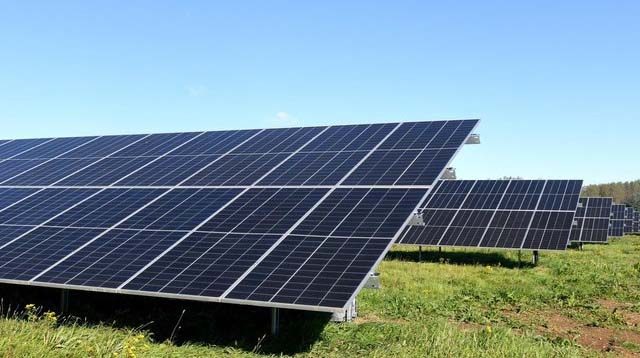
The Sunday Mail

Senior Business Reporter
The Rural Electrification Agency (REA) has embarked on a five-year programme to upgrade more than 400 solar mini-grids that were installed in institutions under the rural electrification programme.
The project will tap from the Rural Electrification Fund, which is administered through the Rural Electrification Fund Act (Chapter 13:20) to empower rural communities and enhance their contribution to economic development.
So far, REA has connected thousands of schools and rural health centres, but fewer power lines extend beyond institutional buildings, and only 10 percent of villages are electrified.
Energy and Power Development Minister Zhemu Soda said most of the mini-grids are now being upgraded to ensure they can produce power in line with contemporary requirements and improved accessibility.
“The majority will be upgraded from 0,84 kilowatts (kW) to 85kW, or 10kW depending on the size of the institutions,” he said.
The programme, which will run from 2021 to 2025, will cover 347 primary schools, 57 secondary schools and 10 Government institutions.
The 2015 Rural Energy Master Plan (REMP) outlines the need to provide grid as well as off-grid electricity in rural areas.
Minister Soda indicated that the rural electrification programme will be supported by the National Renewable Energy Policy (NREP) and the Biofuels Policy of Zimbabwe (BPZ), which were launched by President Mnangagwa in 2020 to guide the investment and production of clean energy alternatives.
Overall, the policies seek to achieve a 33 percent reduction in greenhouse carbon emissions by 2030.
Minister Soda said the Government is trying to create a conducive environment for renewable energy sources and plans to achieve at least 27 percent of internal power generation from renewable resources by 2030.
According to the NREP, in order to lure more investments, licensing timelines for prospective investors were reduced from six months and grid connection approvals for producers of renewable energy would be expedited.
Furthermore, Environmental Impact Assessment (EIA) for production of 5MW and below would be relaxed, while for the other categories, the (EIA) timelines would be shortened.
All renewable energy projects would be given National Project Status, while incentives in the form of tax holidays of 5 percent for the initial five years and 15 percent thereafter will apply.
To date, 52 solar independent power producers have connected to the national grid, while several others are at different stages of development.
Meanwhile, the country is expected to increase power generation next year as the Hwange Power Station Expansion Project is expected to come on board, adding 600 MW into the national grid.
There are also ongoing efforts to rehabilitate the 38-year-old Hwange’s Unit 1 to 6.



